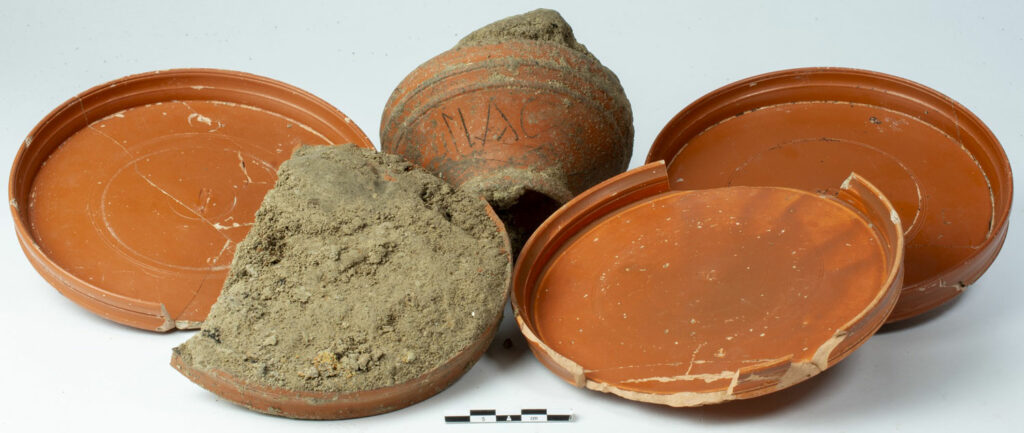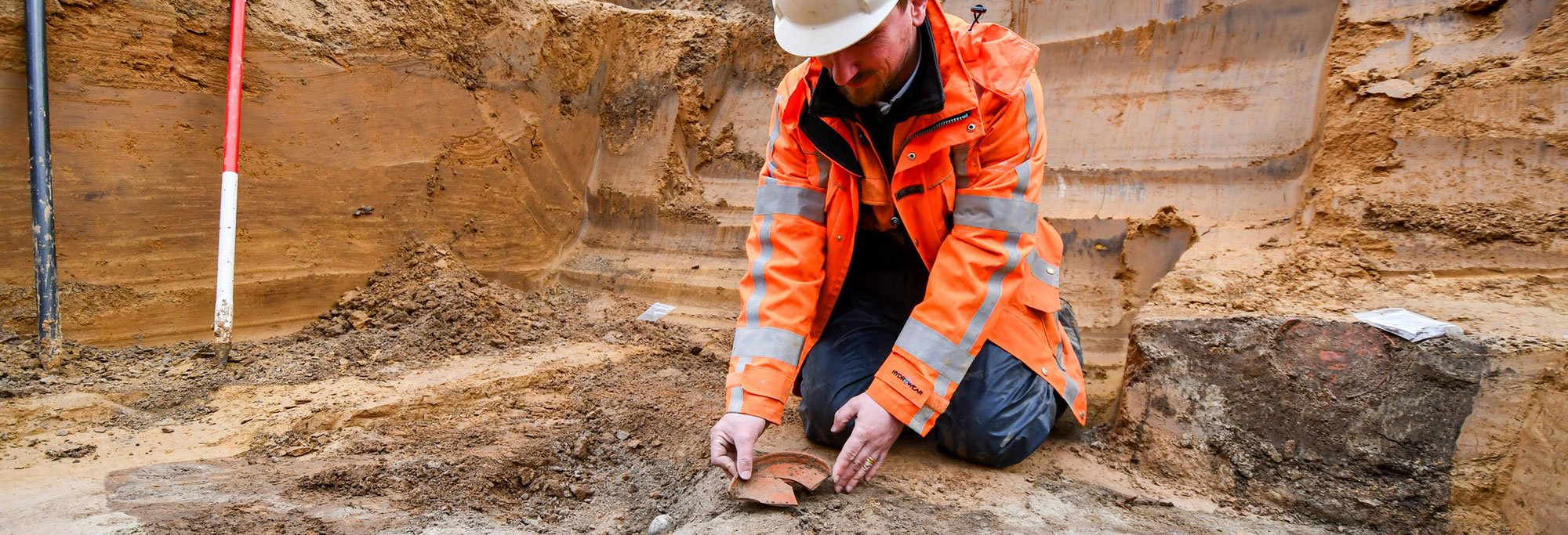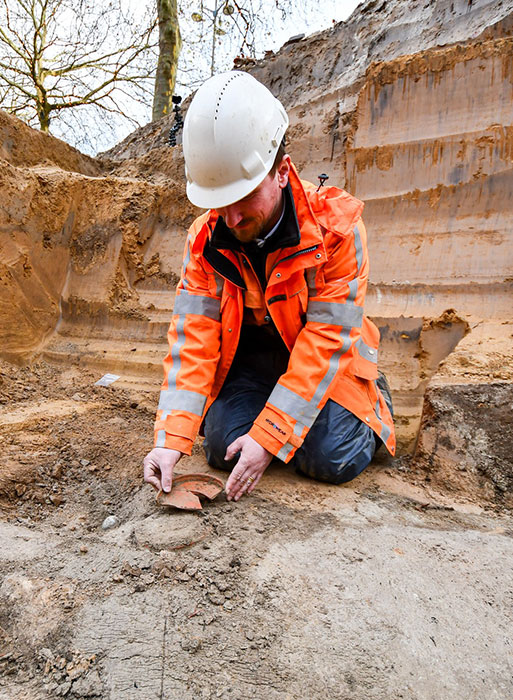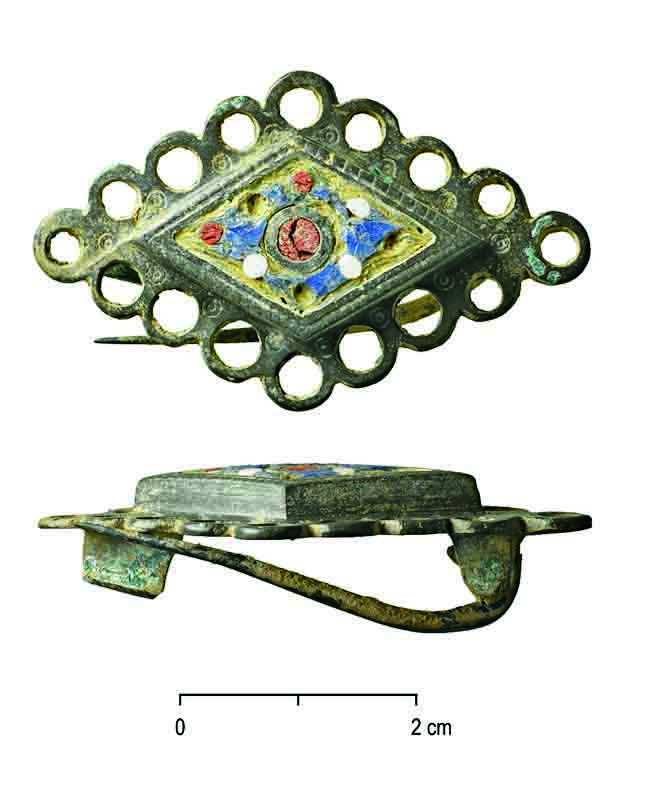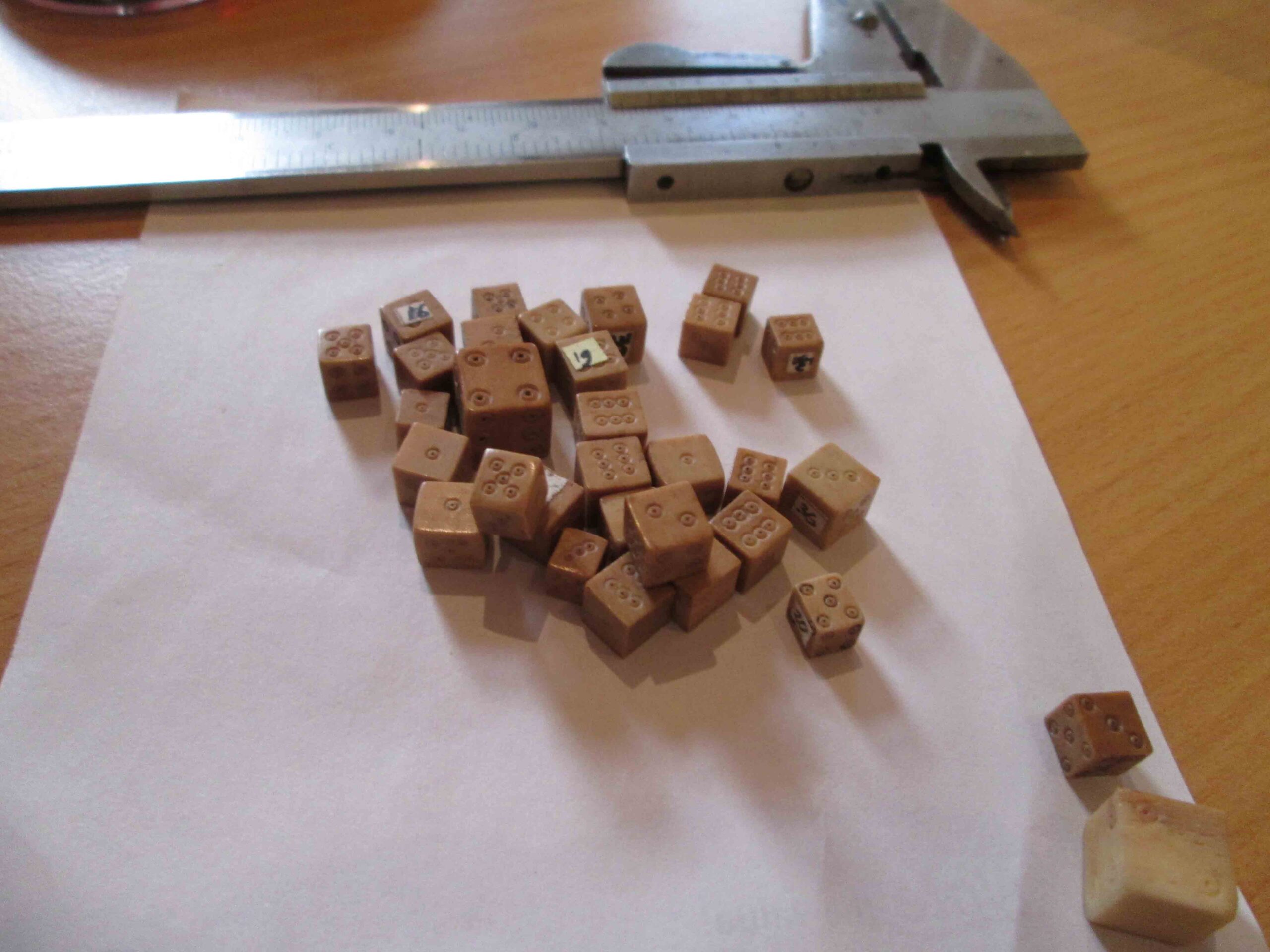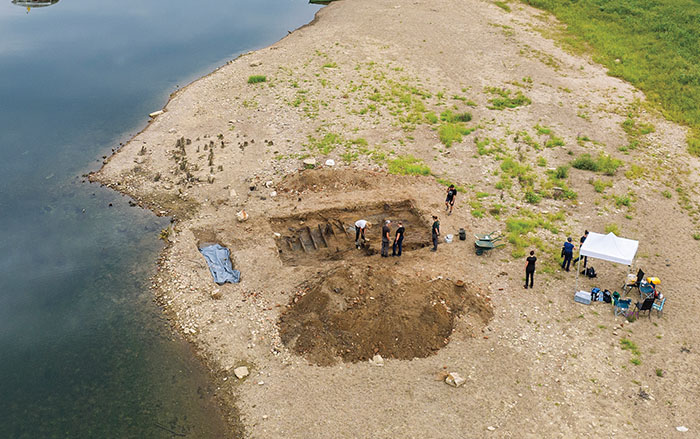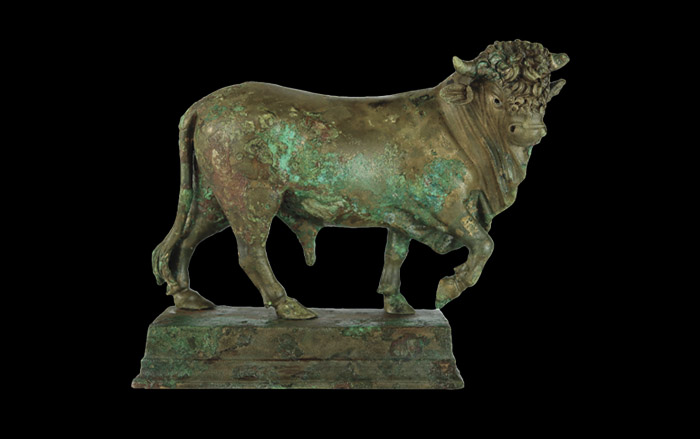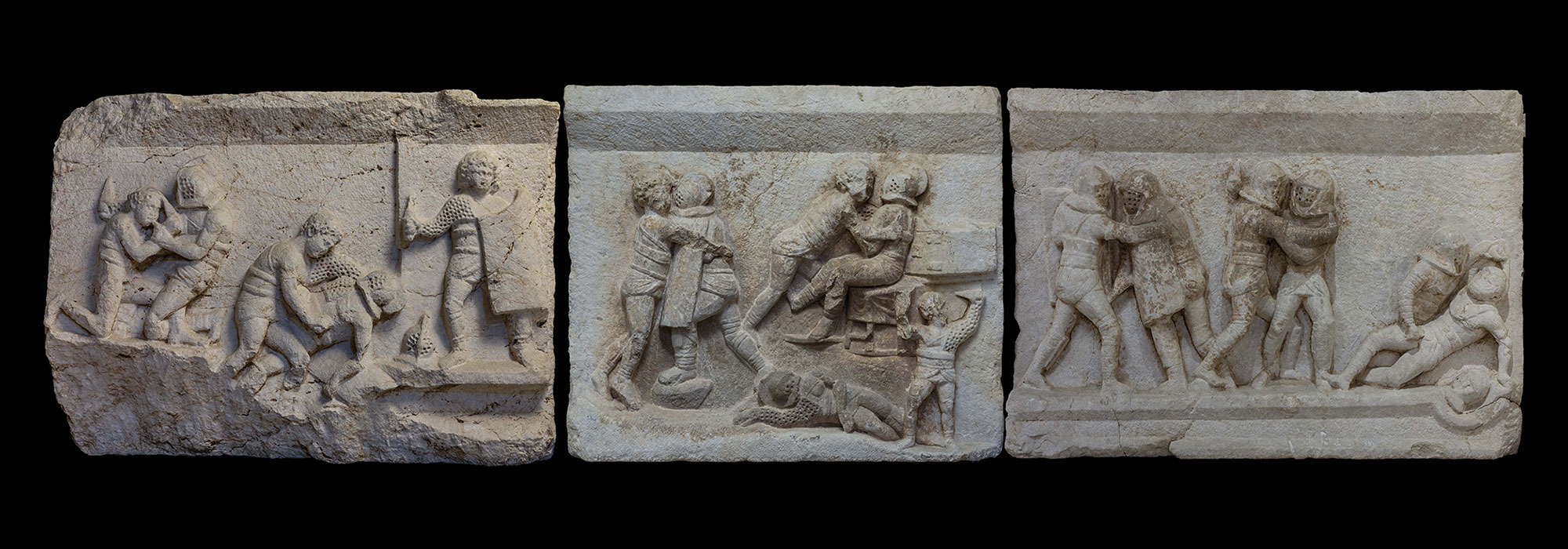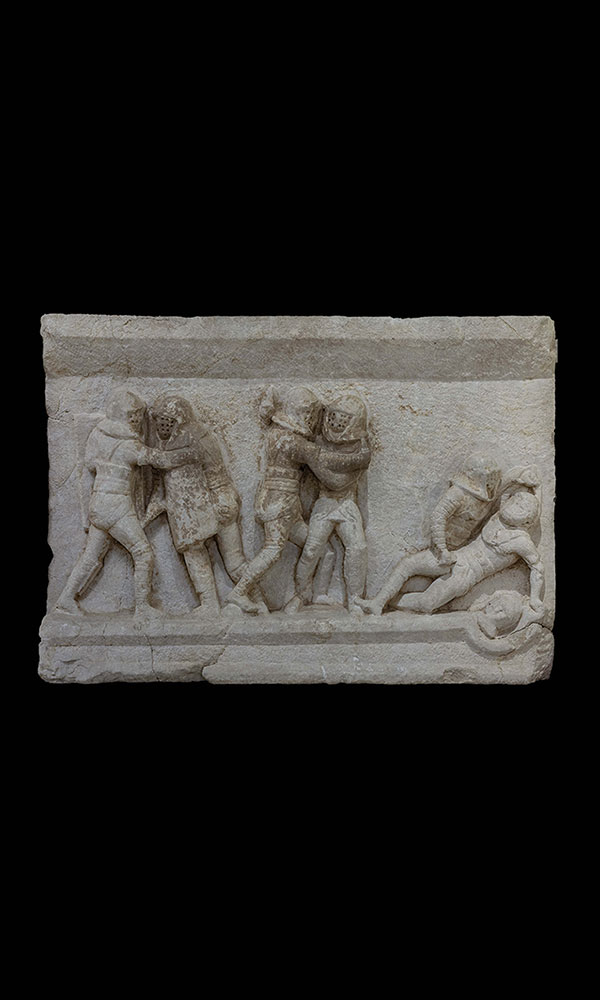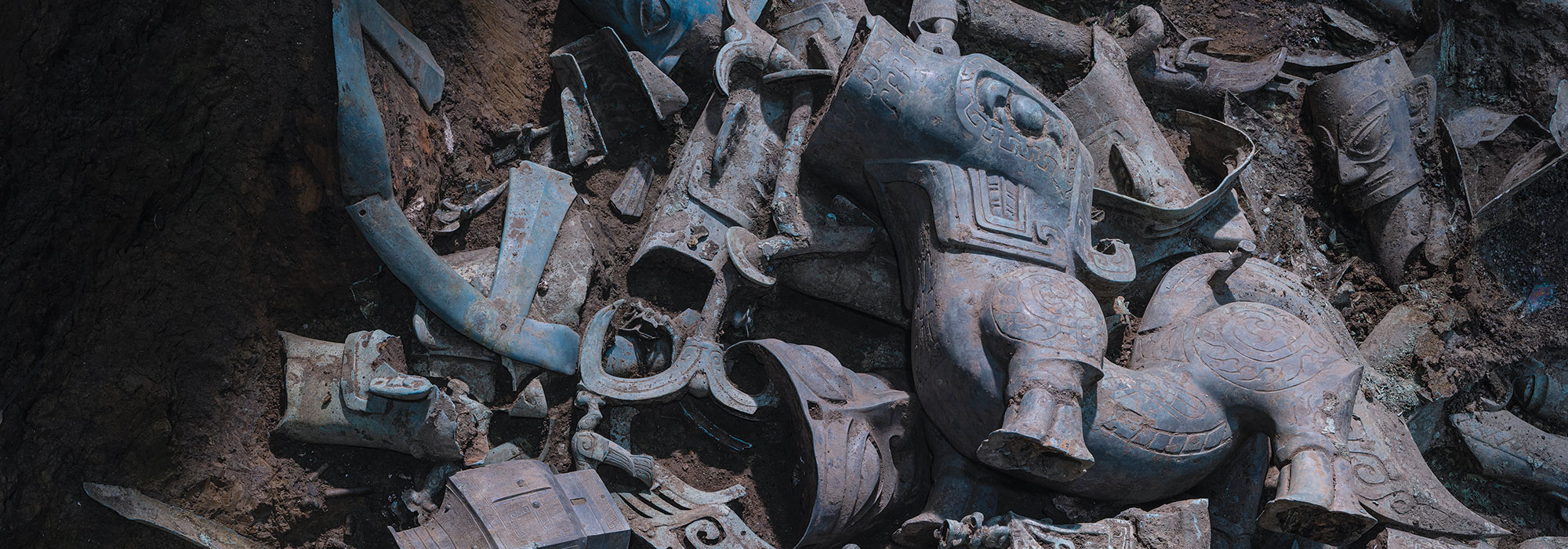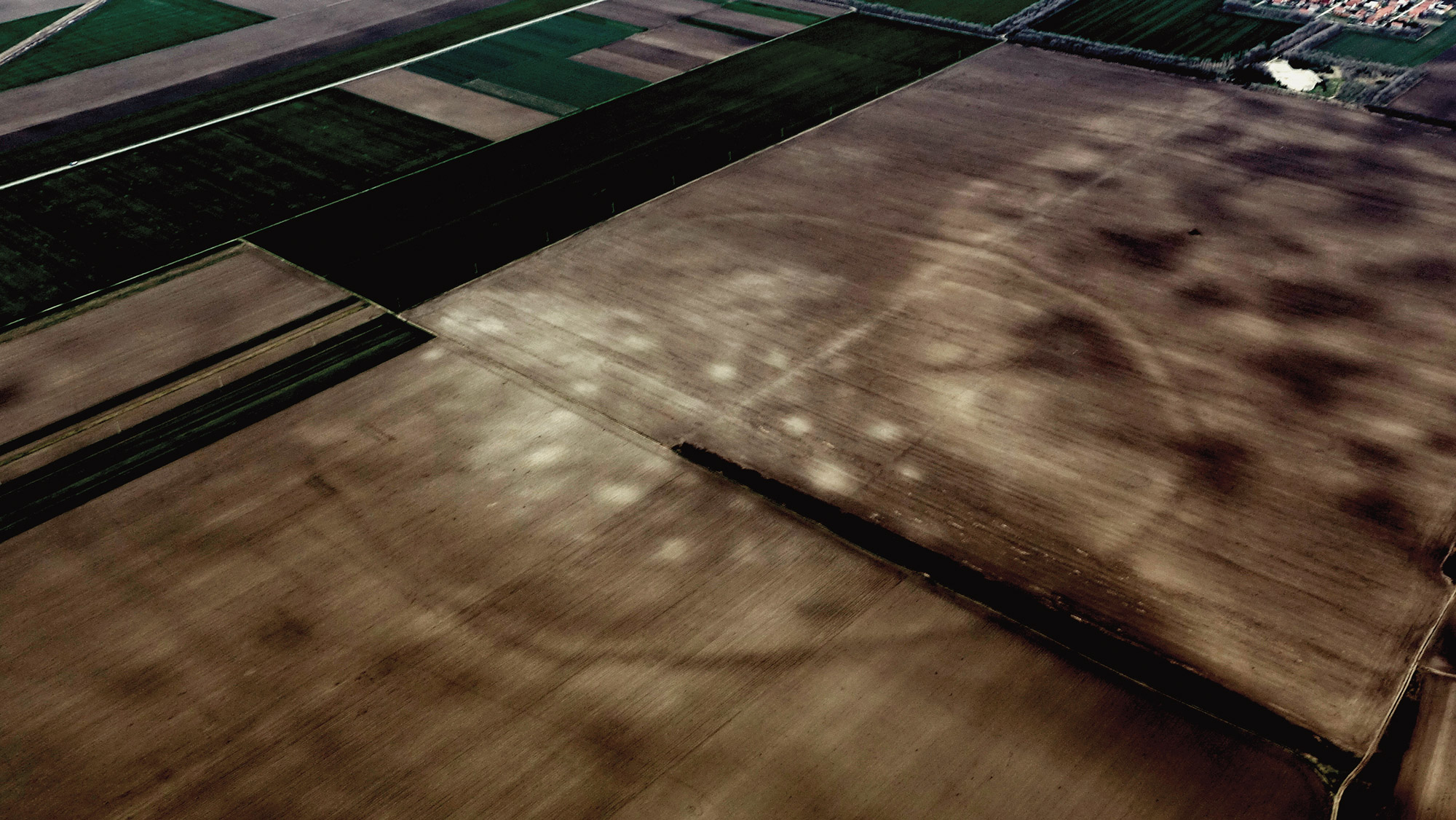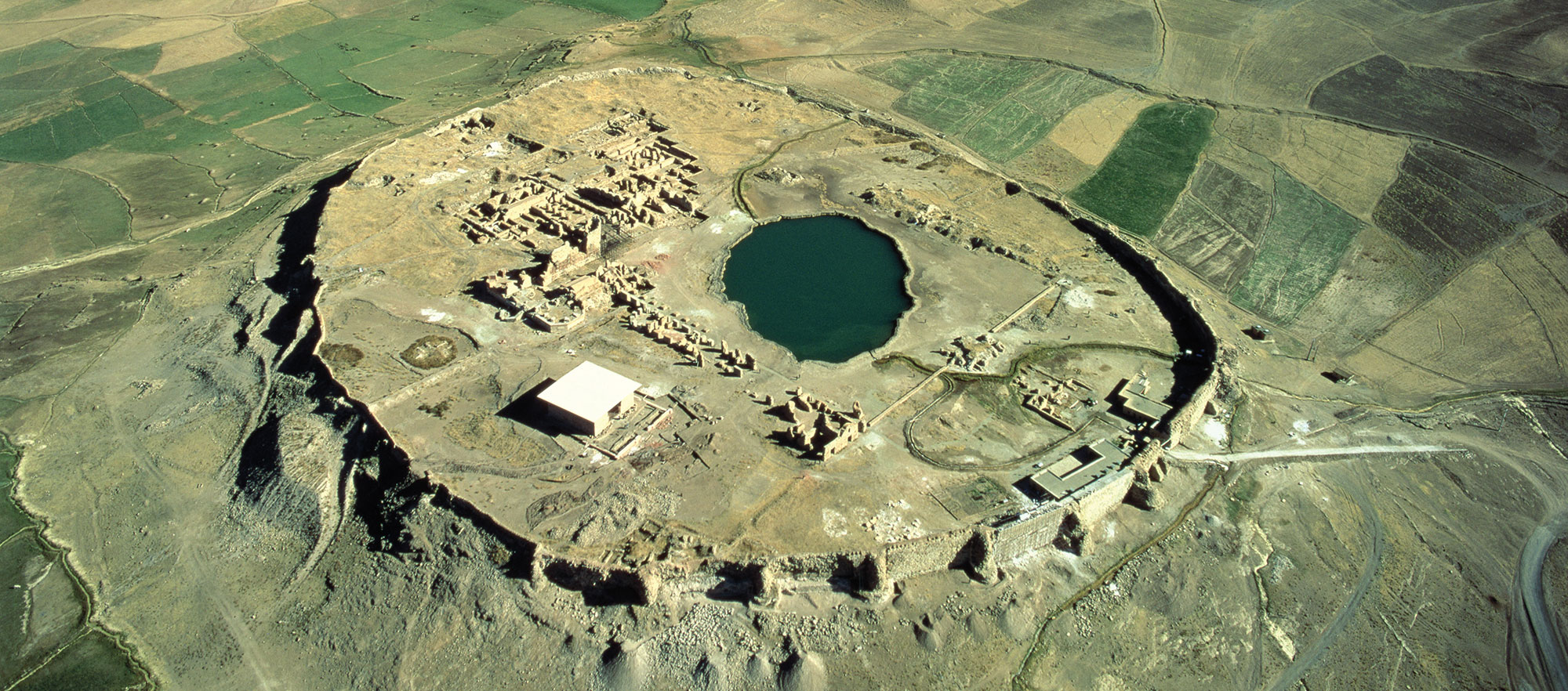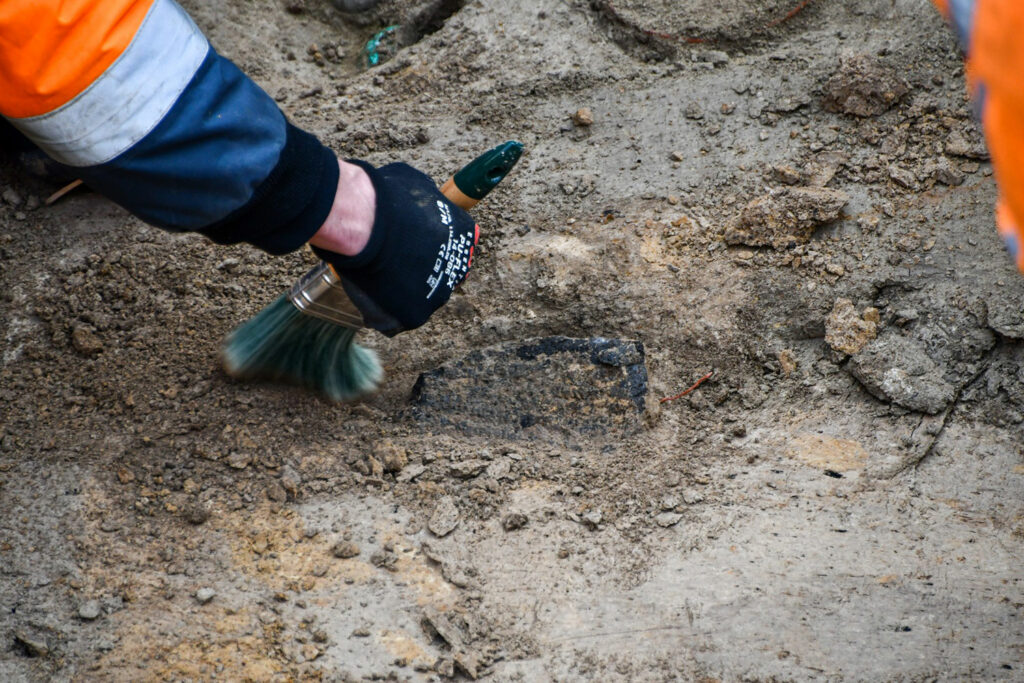
HEERLEN, THE NETHERLANDS—The 2,000-year-old tomb of a Roman soldier—including evidence of his name—has been discovered in the city of Heerlen, according to a report from The News & Observer. The tomb was found by archaeologists from ADC ArcheoProjecten near the intersection of two ancient roads, Via Belgica and Via Traiana, at the heart of the ancient Roman settlement of Coriovallum. It included a bronze skin scraper, four earthenware plates, and an earthenware bowl with the nickname FLAC carved into it. Researchers have determined that this is short for Flaccus, and, because the pottery came from Italy, that he was a Roman soldier. The find is noteworthy both because it is the oldest Roman grave to have been found in Heerlen and the first in which the name of the deceased could be identified. To read about evidence uncovered in the Netherlands of a catastrophic battle between Julius Caesar and two Germanic tribes, go to “Caesar’s Diplomatic Breakdown.”
